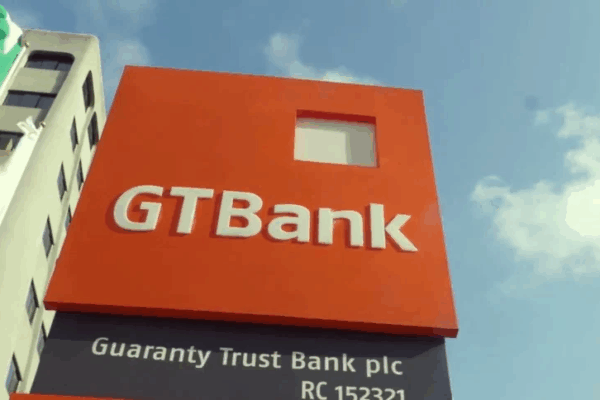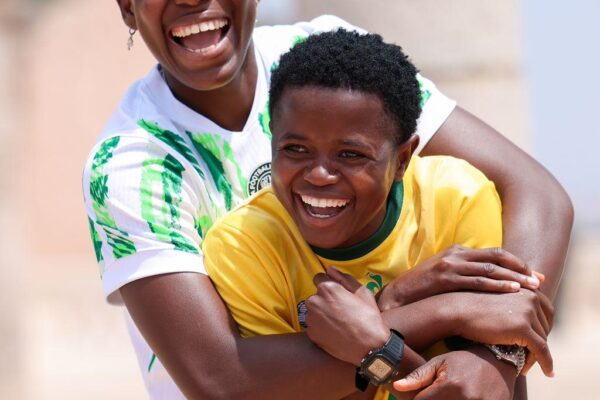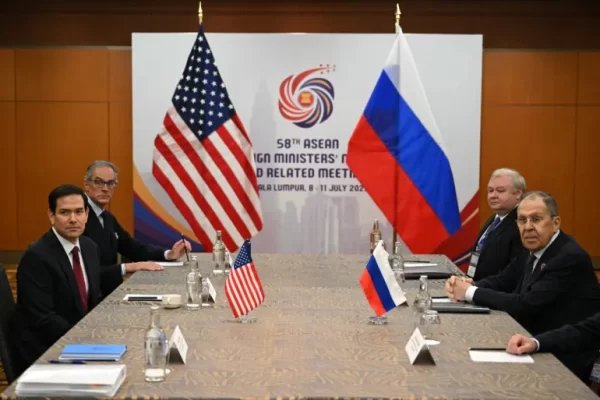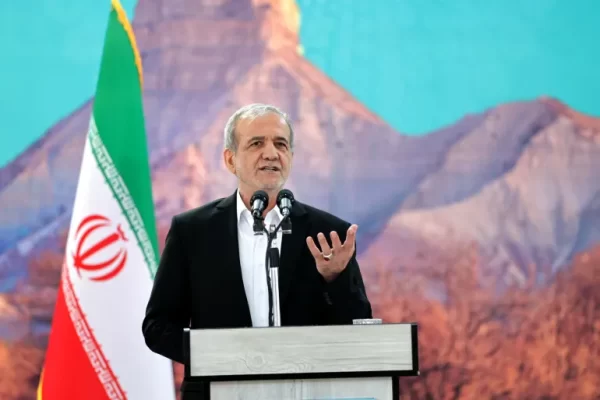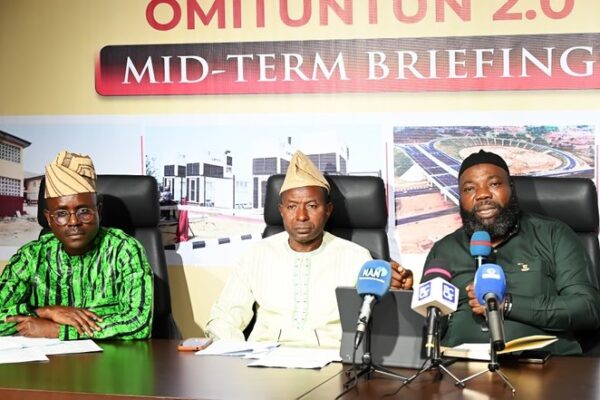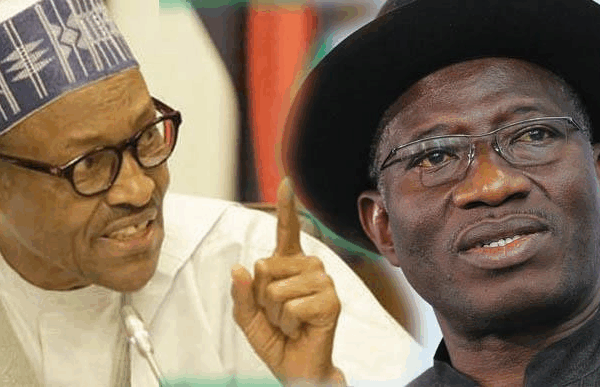
Jonathan: Buhari Targeted My Aides After 2015, Adoke Was Hunted Over OPL 245 Oil Deal
Former President Goodluck Jonathan has said that key officials in his administration were targeted and hunted by the administration of President Muhammadu Buhari shortly after he left office in 2015. Jonathan made this known in Abuja on Thursday during the public presentation of a memoir titled “OPL 245: Inside Story of the $1.3bn Nigerian Oil Block,” authored by Bello Adoke, former Attorney-General of the Federation and Minister of Justice. Represented by ex-Senate President Pius Anyim, Jonathan said the OPL 245 saga was one of the many instruments used to persecute his former aides, with Adoke becoming a global target despite only implementing a presidential directive in the controversial oil deal. “Shortly after my tenure ended in 2015, the succeeding government launched what many saw as a manhunt against key officers of my administration,” Jonathan stated. “Adoke was hunted across the globe. But today, he is alive, he is healthy, and he is here to tell his story.” The OPL 245 case, widely known as the Malabu Oil scandal, involved the sale of a lucrative oil block to Shell and Eni in 2011 for $1.3bn. Allegations later surfaced that $1.1bn of the payment was diverted through intermediaries as bribes to officials and politicians. Adoke, who faced international and local prosecution under the Buhari administration, was eventually discharged and acquitted by courts in Nigeria and abroad. Speaking at the event, Adoke said the book was written not to attack individuals but to set the record straight and provide clarity about his role in the matter. He said he had forgiven all those involved in his ordeal, including former EFCC Chairman Ibrahim Magu, who later apologised. “This book is not written to denigrate anyone. It is meant to set the record straight and offer my account of what transpired,” Adoke said. He alleged that President Buhari’s pursuit of the case was largely influenced by a sense of revenge on behalf of the Abacha family, who had originally been awarded the oil block in 1998. Adoke lamented the massive public resources expended on his prosecution and expressed concern that Nigerian prosecutors who allegedly lied under oath were never held accountable. Vice President Kashim Shettima, who also spoke at the launch, praised Adoke’s forgiveness and described him as a man of conviction. “I admire Adoke for standing by his convictions. He was not praised — he was mocked — and still came out stronger,” Shettima said. Revealing how Adoke once stood up for the rule of law, Shettima shared a personal story of how Jonathan once considered removing him as Borno State Governor, but Adoke advised against it, saying the President lacked such constitutional powers. “That was the beginning of my lifelong bond with Adoke and Tambuwal,” Shettima added. Oyo State Governor Seyi Makinde commended Adoke for uniting political rivals at the book launch and stressed the importance of preserving national history through honest storytelling. Makinde noted that OPL 245 contains over nine billion barrels of crude oil, making the block a highly strategic national asset. Former Senate President Bukola Saraki and ex-Kaduna Governor Nasir El-Rufai also lauded Adoke’s courage. El-Rufai particularly stressed that memoir writing must become a norm among public officials. “We should actually thank Adoke for helping to stabilise democracy in 2015. Instead, he was persecuted,” El-Rufai said. He urged leaders in power today to remember that “everyone’s turn will come.” The event brought together politicians from across Nigeria’s political spectrum, reflecting the broad influence and legacy of Adoke’s career — and his turbulent journey through one of Nigeria’s most contentious oil scandals.


